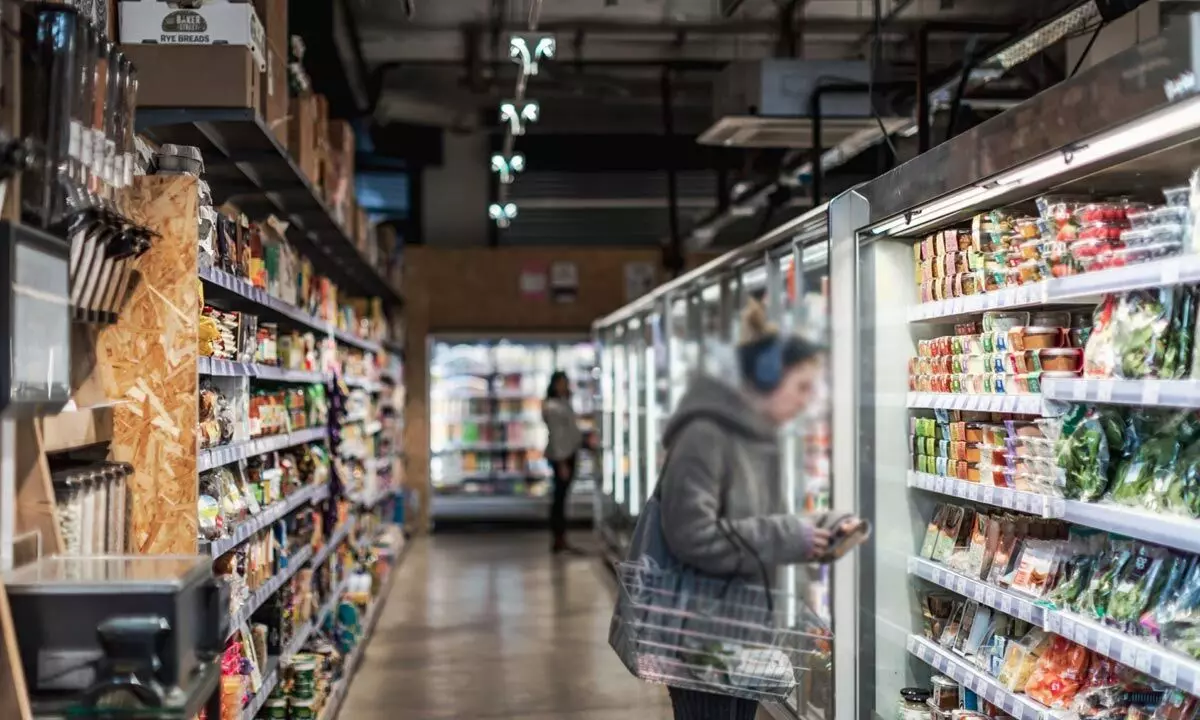Less stringent compliances should govern Indian retail sector
A plethora of regulatory obligations and compliances often come in the way of potential growth prospects with regard to Indian retail sector, which accounts for over 10 per cent of the national GDP ($1.3 trillion) and employs eight per cent of the population.
image for illustrative purpose

A plethora of regulatory obligations and compliances often come in the way of potential growth prospects with regard to Indian retail sector, which accounts for over 10 per cent of the national GDP ($1.3 trillion) and employs eight per cent of the population. The market value of the Indian retail sector is to cross the $2 trillion mark by the end of this decade, growing at a CAGR of 9 per cent. But sector analysts think this could have been much higher with more ease of business. A recent report by TeamLease RegTech that sheds light on the challenges faced by entrepreneurs and employers in the retail industry regarding compliance management, also subscribes to the same view. Take a look at how the retail industry also suffers from this regulatory cholesterol. A retail store faces 490 compliances, of which 53 per cent are at the union level, 44 per cent are at the state level and three per cent at the municipal level. An alarming 185 (more than 1/3rd) prescribe imprisonment for contravention. In addition, more than 40 registers must be maintained in different formats under several acts, regulations and rules.
Retail companies are also subject to a host of industry-specific requirements based on their product category. For outlets dealing in groceries and food items, the major regulations stem from the Food Safety & Standards Act, 2006 and Food Safety & Standard Rules, 2011; Food Safety and Standards (Licensing and Registration of Food Businesses) Regulations, 2011, and Food Safety and Standards (Packaging) Regulations, 2018, among others. These include ensuring that the food article being sold is not misbranded, unsafe, or sub-standard. In addition, there has to be a food safety board displayed at a prominent place, and the food items cannot be stored in metal or metal alloys of sub-standard quality, among others.
Non-food retail trading businesses are also affected by several regulations. A PPL/SRA/IPRS licence is required for stores to play music inside the premises. State laws, such as the Karnataka Public Safety (Measures) Enforcement Act, 2017 require retailers to submit half-yearly filings to the local police regarding their usage of CCTV. In addition, they must comply with the provisions of the Indecent Representation of Women (Prohibition) Act, 1986 and local municipal regulations for advertisements. Shops using weights and measures are required to ensure adherence to the labelling and licencing requirements. Moreover, they also need to ensure conformity with state-specific regulations related to installing and using lifts and escalators. If the outlet uses a diesel generator set, they must get the consent of the state pollution control board.
One has to abide by 69,233 regulatory compliances and 6,618 annual filings drawn from 1,536 laws, while 26,134 of them carry jail-terms for contravention. That’s not all. Continuous modifications to these requirements add another layer of complexity to compliance processes. Just in FY22-23, there were 5,986 updates published on over 2,233 central, state, and regulatory agencies' websites. Businesses often fail to keep track of its applicable compliances along with regulatory updates as manual processes cannot keep up with the requirements of the enterprise.
While some degree of regulations and compliance are understandably required, the magnitude and process should not be such that the growth of the sector is retarded.

